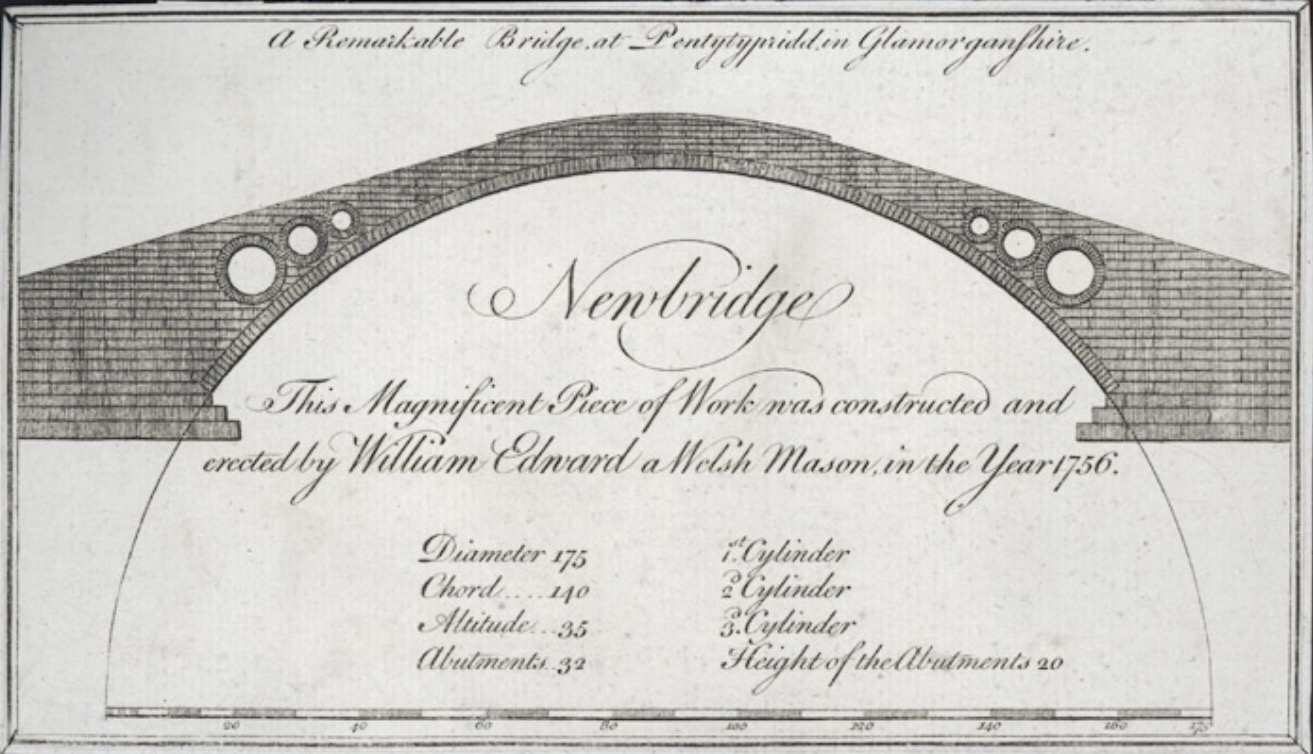
“low trust cultures have lower productivity, more defective products, more rework and more toxic politics” Stephen Covey
You just know this makes sense. If you’re not convinced, have a look at this video of Dr Covey explaining what he means. Better still just close your eyes and listen to him speak, his voice is incredibly reassuring.
We know it’s true, but still do nothing. Despairingly I meet people who know this is true, but just don’t want do anything about it.
You might get halfway to accepting that trusting people might be a good idea, but then they say…. “ah, there’s always the bad apples, so I’m afraid these rules must apply to you all….”( arrghhh!). It’s amazing how often you see this logic being used as justification for preventing the use of social media in the workplace.
So, just to help some of the ‘legislators’ and ‘enforcers’ understand, I’m going to try to express things in the lowest common denominator – MONEY!
Hopefully that will grab their attention and help them with the justification to change their minds (or maybe not?). Here are my Top 4 Higher Cost Attention Grabbers:
- Transactions cost you more.
- Knowledge isn’t shared.
- Innovation does’t happen.
- Toxic office politics cost a fortune.
1. Transactions cost more. Every transaction costs money, your time and the time of the person you transact with. For example;
- drafting a letter,
- checking that letter before signing,
- amending the letter,
- send it back for corrections,
- repeat several times… (optional extra), and
- checking it again before signing.
This activity probably doubles your costs. Think about how much additional costs you add by checking every letter, report, memo, business case etc, several times before it finally gets out of the door? Surely it’s better to trust people to do the right thing in the first instance.
2. Knowledge isn’t shared. “Knowledge can only be volunteered; it can’t be conscripted.” This is one of basic principles of knowledge exchange explained by Dave Snowden.
Trusting someone with the knowledge you hold is a key decision you make when deciding if you are going to share it with them.
If there is low trust people are less likely to share knowledge. The extra cost associated with this relate to duplication of effort and cost avoidance where you are ‘reinventing the wheel’. I think this ‘resistance’ to sharing knowledge is more common than we realise.
3. Innovation doesn’t happen. A key feature of innovation is trying, failing, learning the lessons and moving on.
Low trust environments and a fear of failure tend to go hand in hand. If you cannot trust the people around you, it will be difficult to be open about the failures and lessons learn as part of innovation. In cost terms, the organisation fails to find and implement the innovation that will make it more effective.
4. Toxic office politics cost a fortune. At the lowest level emails copied to third parties (particularly the recipient’s boss) are an example of low trust. The time spent reading them, or even just deleting them has a cost.
In extreme cases toxic politics can manifest themselves as: bullying and harassment cases; grievances or even industrial tribunals. The legal costs in these situations can be phenomenal. Analysis of the real cost of toxic politics in many organisations would be a real eye opener.
Its all about the money… Here’s another video linked to Stephen Covey, talking about the costs of low trust. The numbers are massive: Employee Disengagment $250 Billion, Office Politics $100 Billion, Unproductive Meetings $37 Billion (I personally would have put unproductive meetings much higher). The source of the data isn’t mentioned but I’m sure you get the gist, and it’s an interesting video to share amongst colleagues and even board members.
Trust is just as important a business indicator as productivity or efficiency – it really does affect the bottom line. So, it’s worth paying attention to.
Finally. Just in case I haven’t made the case for trust, here are a few quotes that might help:
Henry L. Stimson “the only way to make a man trustworthy is to trust him”
Robert C. Solomon “trust opens up new and unimagined possibilities” and “trust is a skill learned over time, like a well trained athlete, one makes the right moves, usually without much reflection”
Cardinal de Retz “a man who doesn’t trust himself can never really trust anyone else”
So, what’s the PONT?
- Trust between people has an impact on how organisations operate. It is just as important as productivity and efficiency.
- Low trust does cost your organisation money.
- Building trust is personal. In large part down to each and every one of us. Like Gandhi says “Be the change you want to see in the world.”
Picture Source: https://www.stephencovey.com/about/about.php

Leave a comment